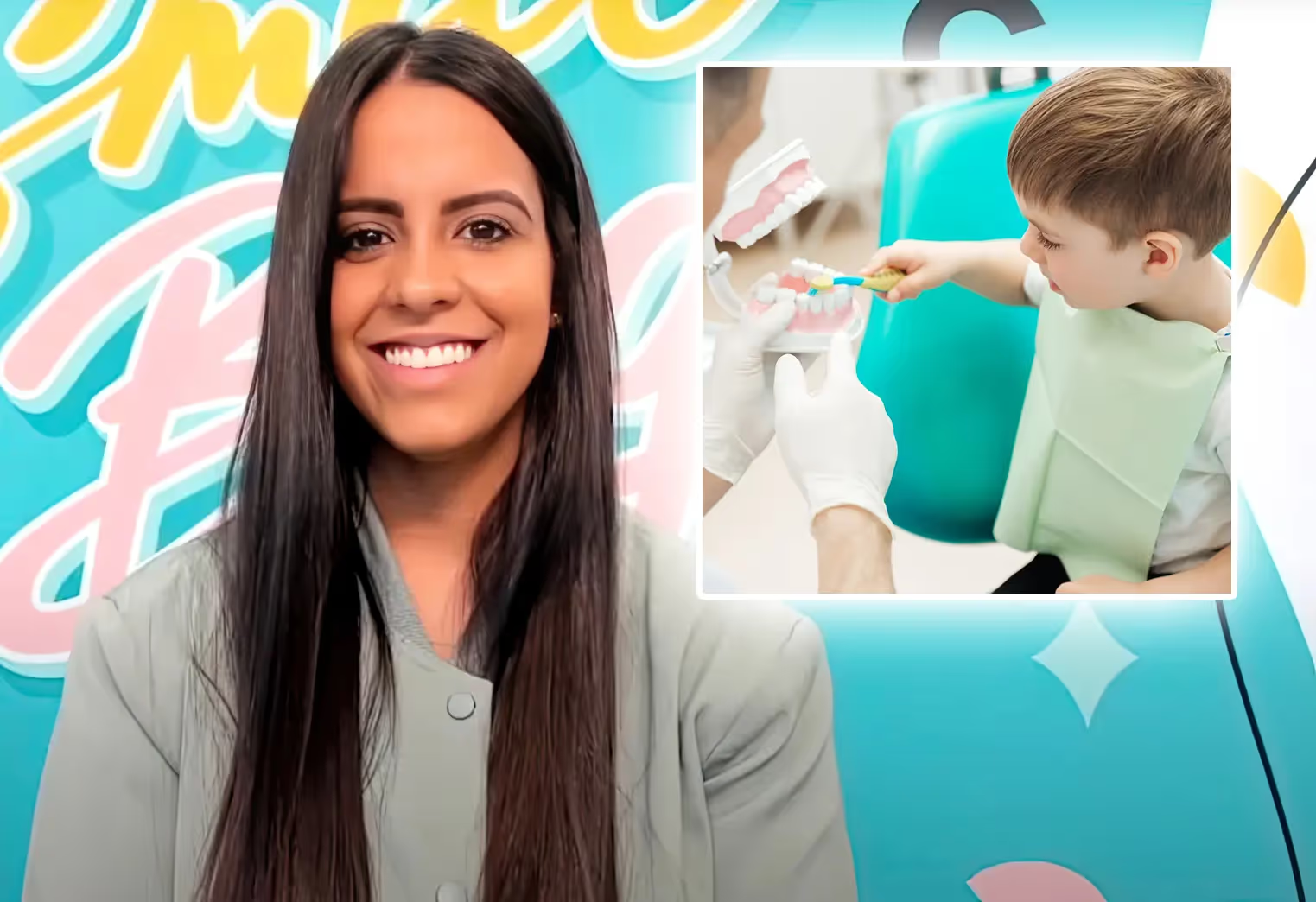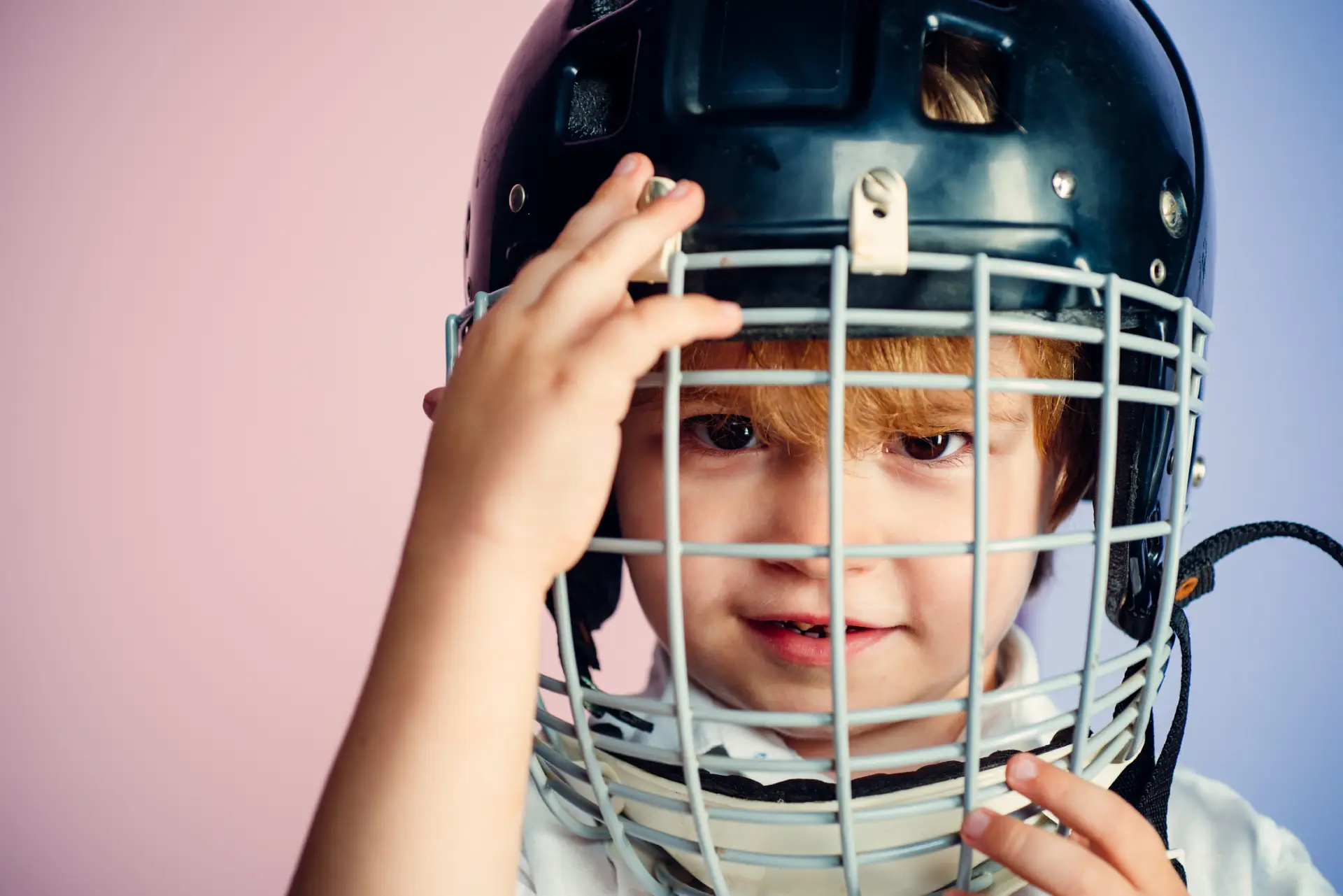
Parents, giving your children the best start in life means taking care of their health, and that includes their amazing smiles! Dr. Milca Mendez-Ceballos from Pawsitive Pediatric Dentistry in Ephrata, PA, is all about those bright, beautiful grins, and she's excited to share some helpful tips to make sure your kids' teeth stay shiny and strong.
Pawsitive Pediatric Dentistry has a wealth of resources designed to help parents learn more about their child's dental health. But here's a quick guide for you right now!
1. Brushing – It's a Party!
Brushing is a fundamental part of good oral hygiene. It helps remove food particles, bacteria, and plaque, preventing decay and keeping teeth healthy. Dr. Milca knows that brushing can sometimes feel like a chore for kids, but she has a fun trick up her sleeve to make it a little more exciting!
Have a brushing party and let your child pick out their favorite song. "Find a song that's about 2 minutes long, and then just let them know that they must be brushing for the duration of the song," Dr. Milca notes.
Letting your child choose the music puts them in control. They get to move around to their favorite tunes and this ensures that they're brushing for the recommended 2 minutes each time.
It's also important to make sure your child is using the right brushing technique. Encourage them to brush gently, and make sure they're covering all the surfaces of their teeth, including the back ones.
By turning brushing into a fun activity, you can help your child develop healthy oral hygiene habits that they'll carry with them for a lifetime.
2. Toothpaste – A Little Goes a Long Way
Now let's talk about toothpaste! Those commercials that show giant dollops of toothpaste are a bit misleading. Dr. Milca recommends forgetting those commercials!
According to the American Academy of Pediatric Dentistry, a tiny amount of fluoridated toothpaste is all your child needs, especially when they're young. "We recommend that you use a fluoridated toothpaste about the size of a grain of rice," Dr. Milca advises. A grain of rice for little ones, and once they turn three, you can move to a pea-sized amount. "A pea-sized amount at 3 has a nice little rhyme to it," she always says. Remember, the goal is to make sure the tooth is protected from the moment it comes in, and that little bit of fluoride is all it takes to do that.
If you have any questions or want to learn more about different toothpaste options for your child, don't hesitate to reach out! Pawsitive Pediatric Dentistry is happy to discuss this with you and make sure you have the best information. It's also important to make sure your child is spitting out their toothpaste after brushing and not swallowing it.
3. Flossing – It's Not Just for Grown-Ups!
Flossing is an essential part of preventative care & oral hygiene for kids, just as much as adults. "Flossing is super important the moment two teeth are touching," Dr. Milca says. Toothbrushes are great for cleaning the surfaces of teeth, but they can't reach all those tiny spaces in between. That's where flossing comes in!
Parents should start flossing their child's teeth as soon as they have two teeth that are touching. Flossing can be a bit tricky for little ones, so it's helpful to make it fun. Turn flossing into a little party! You can floss along with them and show them how it’s done. It can be a really fun way to create a routine and get them excited about oral hygiene.
Flossing the back molars is particularly important. Those back molars are super tight, and those little bristles in toothbrushes just can't reach all the way back there. "Bristles can no longer reach there even if we're brushing twice a day," explains Dr. Milca. That's why flossing is crucial in keeping back molars clean and strong. Since baby teeth are actually much weaker than adult teeth, flossing becomes even more necessary. They're susceptible to decay, and flossing removes those sugary and starchy food particles before they can start causing problems.
4. Sealants – Like Protecting Your Deck
Sealants are like a super-protective layer for your child's teeth, especially those back molars! Think of it like sealing your deck or porch. You wouldn't want water to get inside and make the wood expand, right? Well, it's the same thing with those little grooves in your child's back molars. "In our teeth, our back molars are super groovy. They have high mountains and low valleys," explains Dr. Milca. Those little crevices can trap food and bacteria, which can lead to decay. But sealants are like a waterproof barrier that keeps those little grooves clean and safe. "So what we do is we clean those valleys and then we seal them over so that the bristle can now reach every nook and cranny of that tooth, avoiding decay on the biting surface, which is the most common place to get cavities on adult teeth," Dr. Milca says.
Sealants are super effective at protecting the biting surfaces of those back teeth, and it's a great way to prevent cavities – those pesky holes that can really cause trouble. Sealants are a simple procedure, applied directly to the tooth surface, that can provide years of protection for your child's pearly whites!
A Dental Home in Ephrata, PA for a Healthy Smile
Finally, it's important to establish a dental home for your child. Just like you have a regular doctor to check in with, it's important to find an Ephrata pediatric dentist that your child can see consistently for checkups and cleanings. We know that regular visits can help prevent cavities and keep those smiles shining, "so make sure to ask your provider about any preferences that you have," Dr. Milca suggests. It's a good idea to get your little one in for their first dental checkups around age one or when their first tooth comes in.
Pawsitive Pediatric Dentistry is here to support your family's oral health journey. Dr. Milca and her team love those little smiles, and they're always happy to chat and answer any questions you might have. Give them a call at (717) 219-4214 or check out their website for more helpful information!
We hope this guide was helpful. Remember, healthy oral hygiene habits can last a lifetime!

recent posts

Winter Sports & Dental Safety: Do Kids Need Mouthguards?
Winter is here – and that means snow days, hot cocoa, and lots of kid-powered fun! From hockey games and basketball practice to skiing and snowboarding, winter sports keep kids moving and smiling. But with all that action comes one important question for parents:

Healthy Smiles Start Early: What Parents Should Know About Fluoride and Dental Sealants
When it comes to protecting your child’s smile, prevention is powerful. Two simple tools—fluoride and dental sealants—can dramatically reduce the risk of cavities and costly dental procedures down the road. But understandably, many parents have questions: Is fluoride safe? Are sealants really necessary?Let’s break it down with the facts every parent should know.




